Admissions counselors and other professionals are trained to offer a variety of options and help you find ways to cover the cost of treatment, and many programs work with individuals to create payment plans. Plus, the Affordable Care Act mandated that insurance providers that sell plans through the various marketplaces provide benefits for behavioral health — including benefits for chemical dependency issues.

Second, you must have a policy that includes benefits for a chemical dependency treatment. Medicare, Medicaid, and most private insurers do include these benefits.
Finally, your providers must diagnose you with a substance abuse disorder that is relevant to those benefits and bills for services following claims billing requirements.
Most Major Insurance Accepted
If you do not have insurance or if your policy does not cover addiction treatment, we offer other viable payment and treatment options. Learn more about the costs and payment for addiction treatment. Transitions Recovery Program accepts most private insurance like Aetna, Beacon Health Options, Magellan Health Services, Geisinger Health Plan, Value Options, Humana, Mental Health Network and many others.












Will I Need to Pay Anything for Rehab If My Insurance Pays for that Type of Treatment?
- Your deductible. This is the portion of your healthcare expenses that you must pay out-of-pocket each year before your insurance company will pay for services.
- Your co-insurance. This is the portion of your healthcare expenses you may continue to pay even after meeting your deductible.
- Your maximum out-of-pocket. This is the amount your insurance sets as the cap for the total expenses you’ll pay each year.
- The cost of the rehab. The amount your provider charges for its services impacts how much you may have to pay.
- The insurance write-off. Companies rarely consider the total amount for a bill. They typically set aside a percentage, often as much as 20 to 30 percent, as an unallowed or UCR portion, which the provider writes off. (For this reason, patients who are paying cash without the involvement of an insurance company can often negotiate a sizeable discount on the total bill.)
Depending on all these factors, the total out-of-pocket costs for inpatient rehab with insurance could range from $0 to $12,000 or more. The higher dollar amount would indicate that a deductible and out-of-pocket max was not yet met that year.

Don’t Let Money Keep You From Seeking Help at Our Drug and Alcohol Rehab Center
If you or a loved one are struggling with addiction learn more about our Florida rehab programs or, contact us today.







